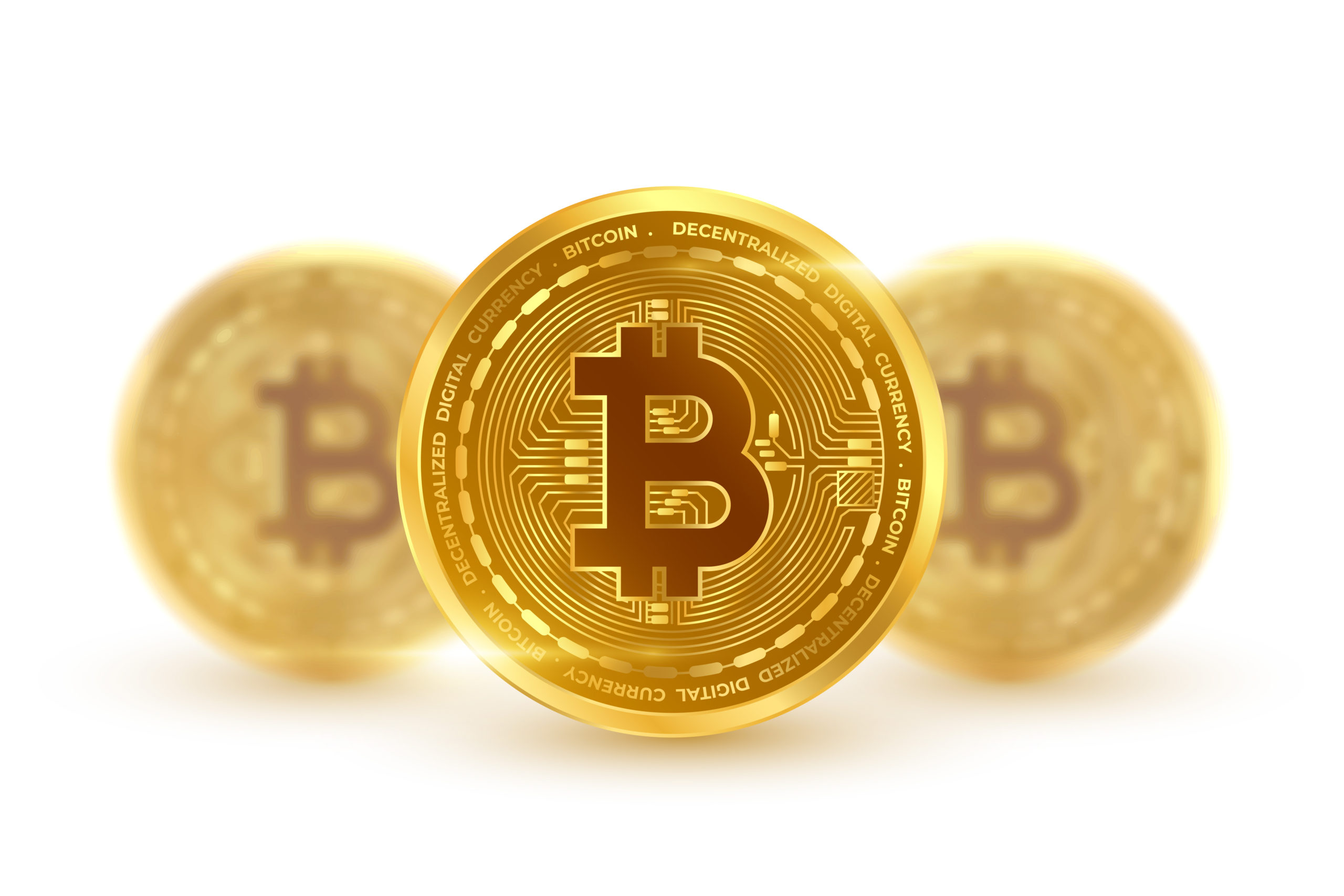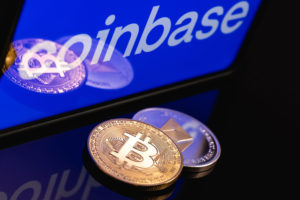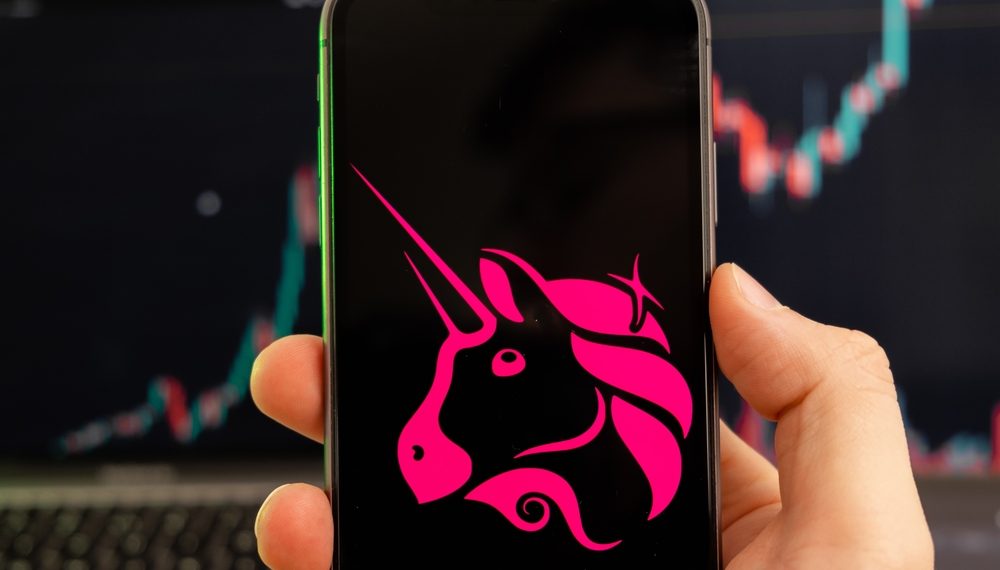Everything You Need To Know About Fees/Charges In A Cryptocurrency Exchange Transaction

These days, cryptocurrency usually makes the news for different reasons. Such reasons could be its turbulent history, its recent strife, the emergence of new cryptocurrencies, the development of interactive brokerage houses, advance cash, and many more. There’s more and more news on crypto every day as digital currencies continue to gain massive footholds around the world, becoming key means of payments in this digital era.
Are Cryptocurrency Transactions/Exchanges Charged?
Although regulators are working hard to ensure that transactions and exchanges for cryptocurrencies are well regulated, there are charges or fees involved in cryptocurrencies transactions/exchanges. Like most things in life, there is a fee attached to cryptocurrency transactions.
Most importantly, the fees paid for cryptocurrencies transactions and exchanges aren’t fixed or universal. It can fluctuate as a result of things such as market demand and the capacity of the network for confirmations. Average transaction fees on some cryptocurrency exchange networks and advance cash are progressively increasing for a long time. This is due in part to transaction capacity becoming increasingly lesser.
Why Are There Cryptocurrency Transactions/Exchanges Charges/Fees?
The cryptocurrency transactions/exchanges charges and fees are usually going to the miners. To be specific, the fee is usually received by the miner who carries out the verification of the block on the network which contains the actual transaction.
Miners get the fees as they use their computing power to carry out verifications of transactions and play a major role in upholding the safety of the network. Miners receive these fees along with the new cryptocurrency that is released when an alternative block is mined. In other words, they’re doubly incentivized for the work they do because they receive both fees and the ‘block reward’.
How Are Cryptocurrencies Transactions/Exchanges Charges/Fees Calculated?
The calculations of the fees to be paid per cryptocurrency transaction or exchange is pretty easy and straightforward. The amount paid per transaction is decided by what proportion will be spent. There’s often a degree of outbidding involved. The higher the price paid, the higher the numbers of people that are outbid, and the faster the transaction will be processed and completed. The transactions of the people that were outbid are deprioritized.
Outbidding is advisable for huge transactions that are worth extremely high prices. Most of the people who are sending transactions of this size won’t mind paying a fee that is minimal by comparison. Of course, there’s no point paying a high transaction fee if your transaction doesn’t involve a high price purchase or sale.
This does not in any way mean that smaller transactions aren’t processed at all. Nevertheless, they will most likely be processed much slower, in any case where the network is congested. This is because people are likely not to pay higher fees on them.
Types of Cryptocurrency Trading Fees
An investor can execute a good type of transaction on a cryptocurrency exchange, each of which comes with its own cost structure. The value of any given crypto transaction advance cash can change regularly and on short notice — so if you’re trading cryptocurrencies, you need to be checking fees often.
This is because the fees for cryptocurrency exchanges and transactions are not static or fixed. And as discussed in the opening paragraphs of this article, they are usually decided by various factors. There are two sorts of crypto fees. Here is a glance at each.
Exchange Fees
For a cryptocurrency exchange to make money, it must attach to a number of the financial momentum flowing through it. In most cases, it means assessing fees for common transactions. The fee charged to exchange cryptocurrencies for money is known as exchange fees.
Network Fees
Cryptocurrency is a digital asset that, to date, isn’t fully controlled by any regulatory body, including the government. Cryptocurrency is hosted on networks and computers everywhere in the world and, at the present, trades are made between buyer and seller, with no third-party running point. The transaction needs to be recorded, though, so with network fees, you’re directing money to decentralized cryptocurrency miners in exchange for having the ability to transact on a public blockchain.
How Much Does Cryptocurrency Exchange Platforms Charge for Trades?
Crypto fees vary, but most cryptocurrency exchanges charge between 0.1% to a quarter or more per trade. This means that if you have dedicated $2,000 or more to trade in crypto, the fee you’ll buy that transaction, on average, might be anywhere between $200 and $2,000.
Who Benefits From Cryptocurrency Transaction Fees?
People always wonder who all the advance cash fees in cryptocurrency transactions and exchanges go to. There are four main beneficiaries of the transaction fees you pay per trade. They are Traders Satoshi Nakamoto, miners, and networks providers.
Disclaimer: This is a paid article. KryptoMoney does not endorse and is not responsible for or liable for any content, accuracy, quality, advertising, products, or other materials on this page. Readers should do their own research before taking any actions related to the company. KryptoMoney is not responsible, directly or indirectly, for any damage or loss caused or alleged to be caused by or in connection with the use of or reliance on any content, goods, or services mentioned in the article.
Technology vector created by starline – www.freepik.com
Post Views: 44






